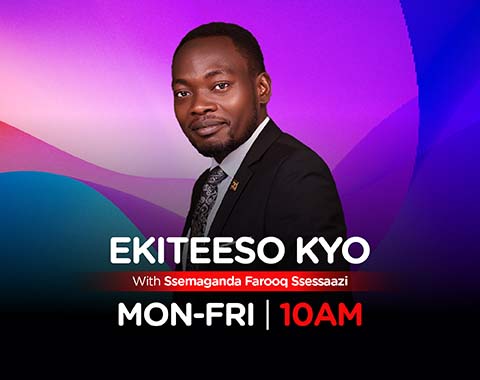Hundreds of thousands of workers take part in strike action across France, after trade unions called for a day of protests against budget cuts.
The interior ministry said between 600,000 and 900,000 people attend demonstrations nationwide, and have deployed 80,000 police officers.
Scuffles were reported in the cities of Lyon and Nantes, where police used teargas to try to disperse protesters.
The strikes come barely a week after Sébastien Lecornu, a close ally of President Emmanuel Macron, was appointed prime minister following the toppling of Francois Bayrou'd government.
Public transport was heavily disrupted on Thursday morning, with many metro lines in Paris reported shut, while protesters blocked roads and streets in major cities across France.
Students gathered in front of schools and universities in the capital and beyond, blocking entrances and chanting slogans.
Pharmacists are also adhering to strike action in droves, with 98% of pharmacies stayed closed.
Unions have called for more spending on public services, higher taxes on the wealthy and for the budget cuts outlined by the short-lived Bayrou government to be axed.
Sophie Binet, the leader of one of France's major trade union groups, the General Confederation of Labour (CGT), said: "We need to be out in force, that's how we gather strength to keep fighting... to force the government and the employers to put an end to policies that only serve the richest."
Bruno Retailleau, the outgoing interior minister, said 58 people had been arrested across France by mid-morning.
Jean-Luc Mélenchon, the leader of the radical left party France Unbowed (LFI), asked participants to the strike to be "disciplined".
Thursday's strikes come after around 200,000 people took part in protests organised by the grassroots Bloquons Tout (Let's Block Everything) movement last week, which caused some disruption accross France.
Bayrou's unpopular budget proposal - aimed at bringing down France's high public debt with €44bn worth of cuts - caused him to lose a confidence vote in the National Assembly last week when parties across the political spectrum united to topple him.
New Prime Minister Sébastien Lecornu, who is yet to assemble a ministerial team, has not entirely renounced the cuts and has held talks with opposition parties in an attempt to reach a compromise on the budget.
Lecornu's position is perilous. Like his two predecessors, Bayrou and Michel Barnier, he faces a hung parliament divided into three blocs with deeply differing political leanings, making it difficult to craft a budget palatable to a majority of MPs.
Barnier and Bayrou were also brought down as a result of their proposed budgets, which would have entailed substantial cuts with politicians on the left instead calling for tax rises.













